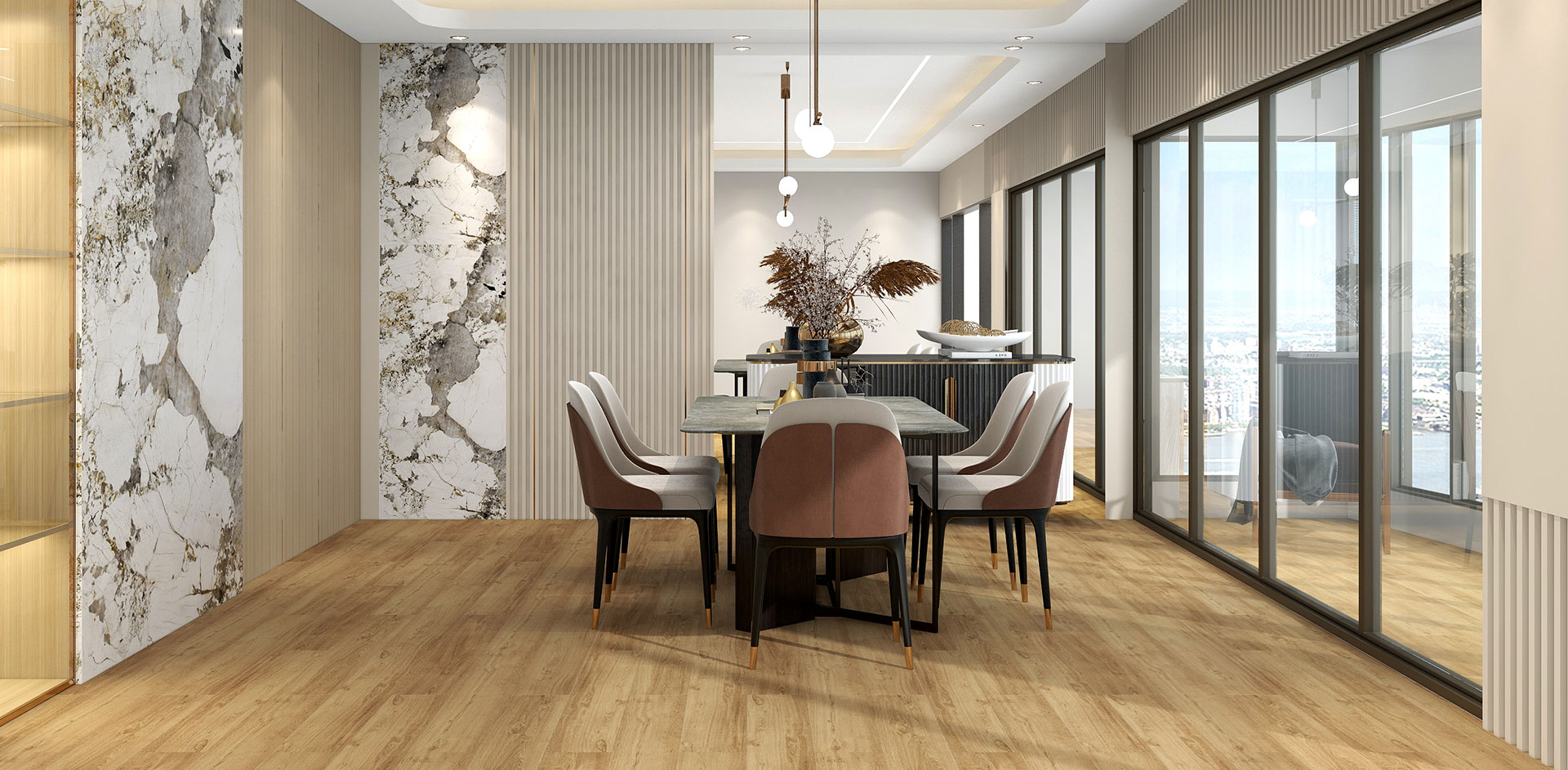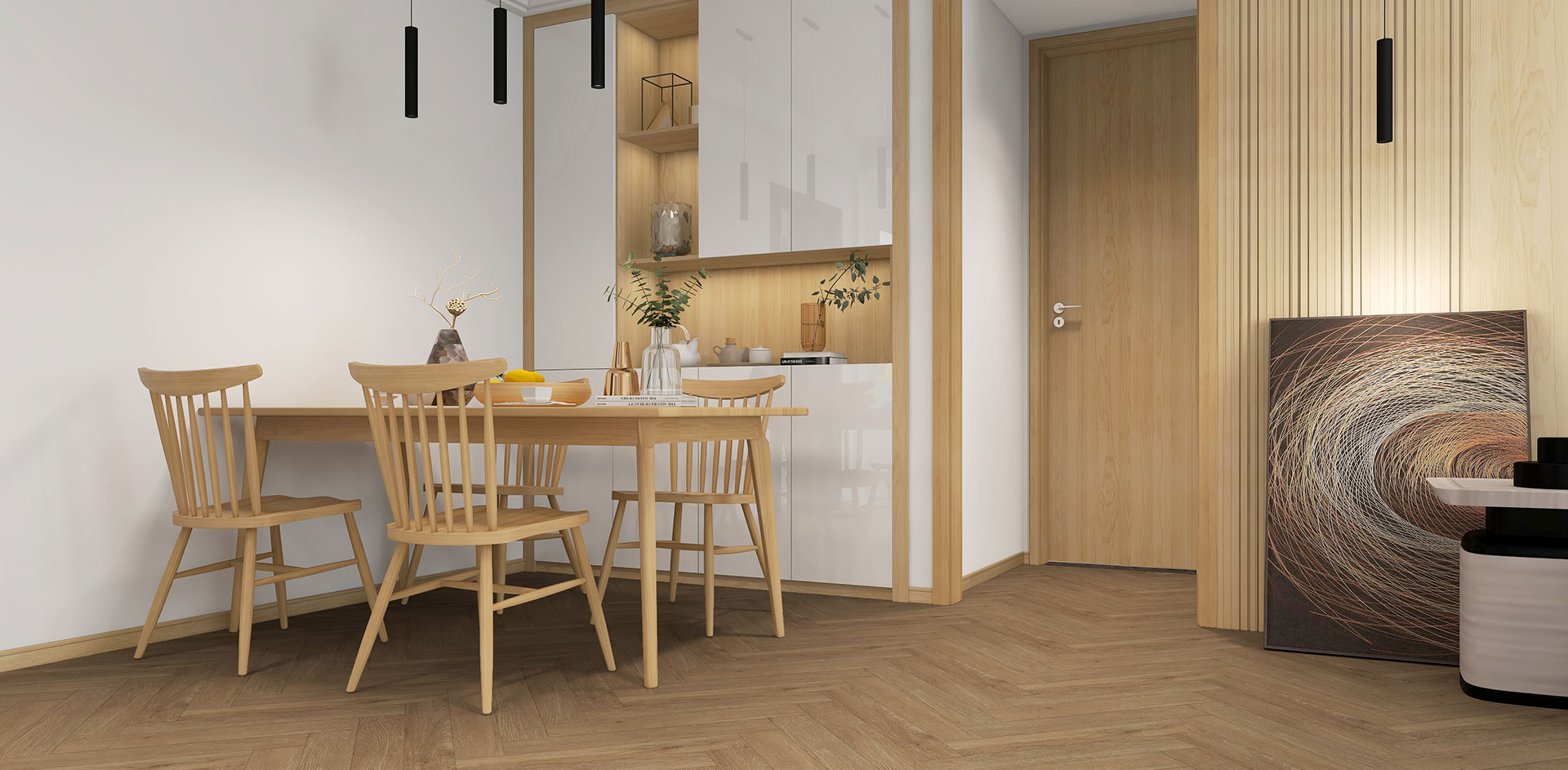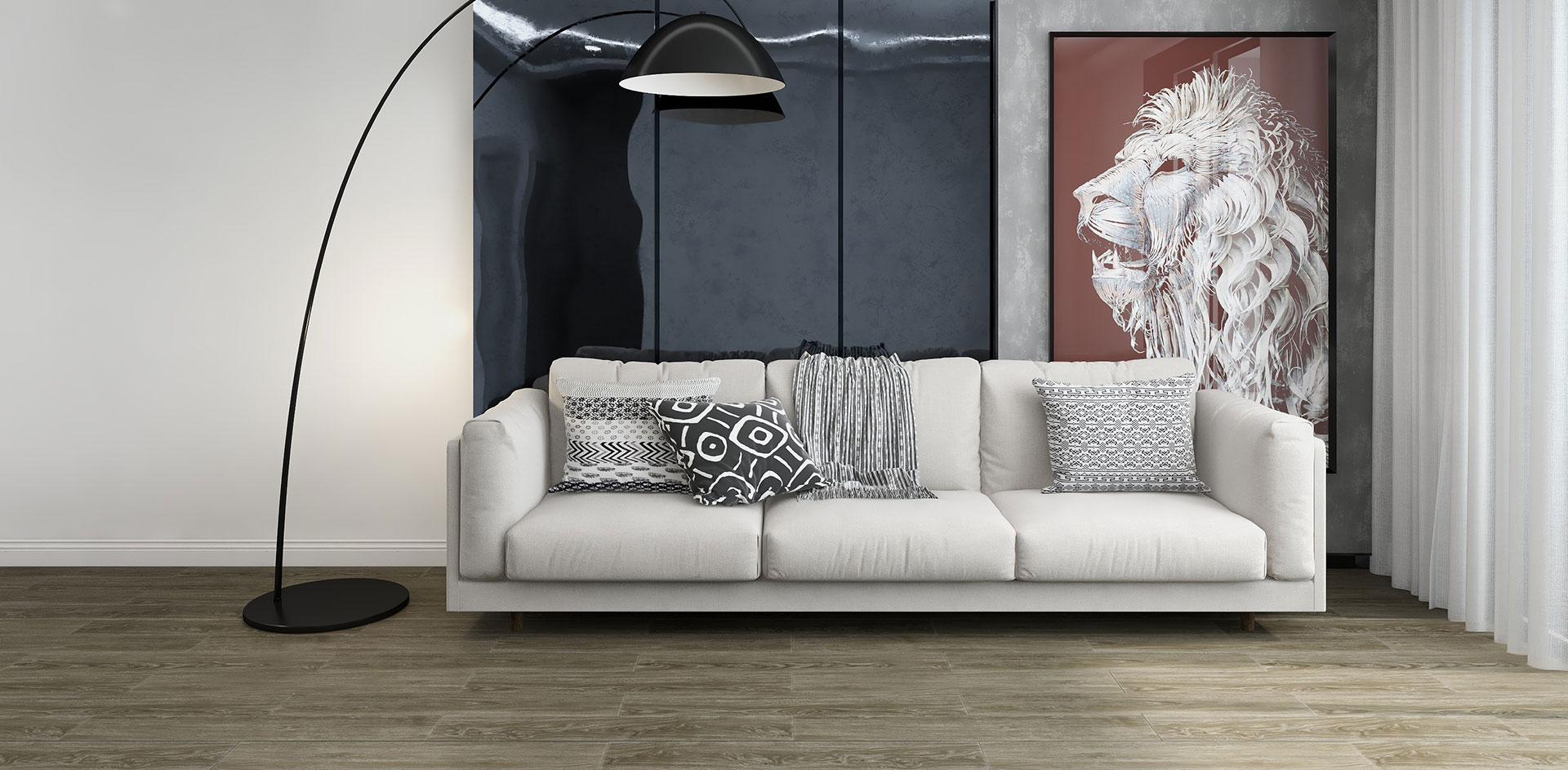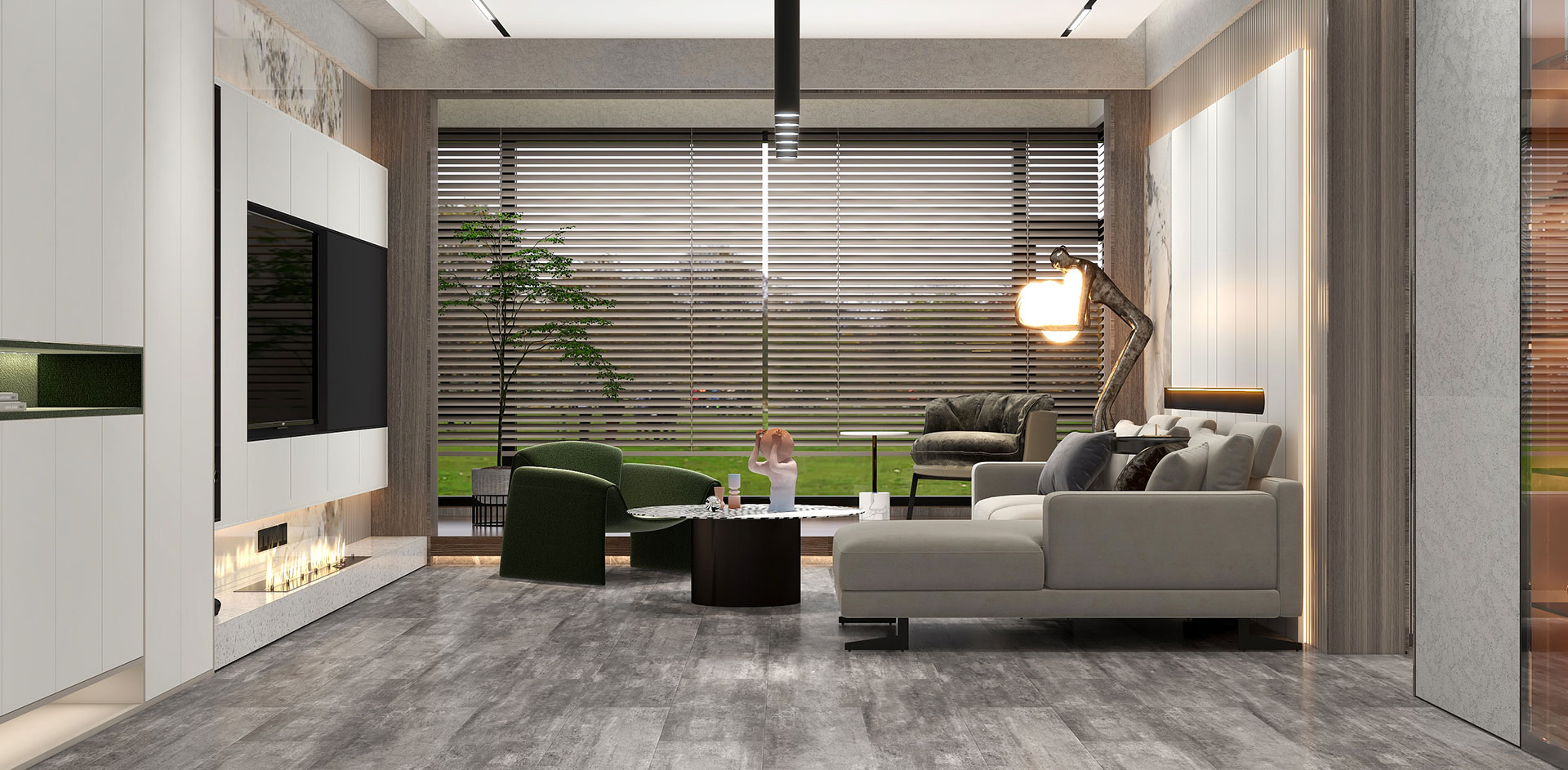Vinyl plank flooring can expand and contract with temperature changes. The extent of expansion and contraction can vary based on factors such as the specific type of vinyl plank, the installation method, and environmental conditions. Here are some key points to consider:
Thermal Expansion and Contraction:
Vinyl plank flooring is sensitive to temperature changes. As temperatures rise or fall, the material can expand or contract.
This phenomenon is particularly relevant in areas with extreme temperature variations.
Installation Considerations:
Installers often leave expansion gaps around the perimeter of the room when laying vinyl plank flooring. These gaps allow the material to expand into the open space without causing buckling or other issues.
The size of the expansion gap may be specified by the manufacturer, so it's crucial to follow their guidelines during installation.
Climate and Humidity:
Changes in humidity levels can also impact the dimensions of vinyl plank flooring. In areas with high humidity, the planks may expand, while in drier conditions, contraction can occur.
Maintaining a stable indoor climate and humidity level helps minimize the effects of expansion and contraction.
Floating Installation vs. Glue-Down Installation:

In floating installations (where the vinyl planks are not glued or nailed down), expansion gaps are especially important to accommodate temperature-related changes.
Glue-down installations may have fewer visible expansion gaps, but it's essential to follow the manufacturer's guidelines to allow for some flexibility.
Temperature Limits:
Vinyl plank flooring often has temperature limits specified by the manufacturer. Extreme temperatures outside these limits may affect the material's performance.
Underlayment and Subfloor Conditions:
The choice of underlayment and the condition of the subfloor can influence the stability of vinyl plank flooring. A stable subfloor contributes to a more predictable and controlled expansion and contraction.


 EN
EN  English
English Español
Español






